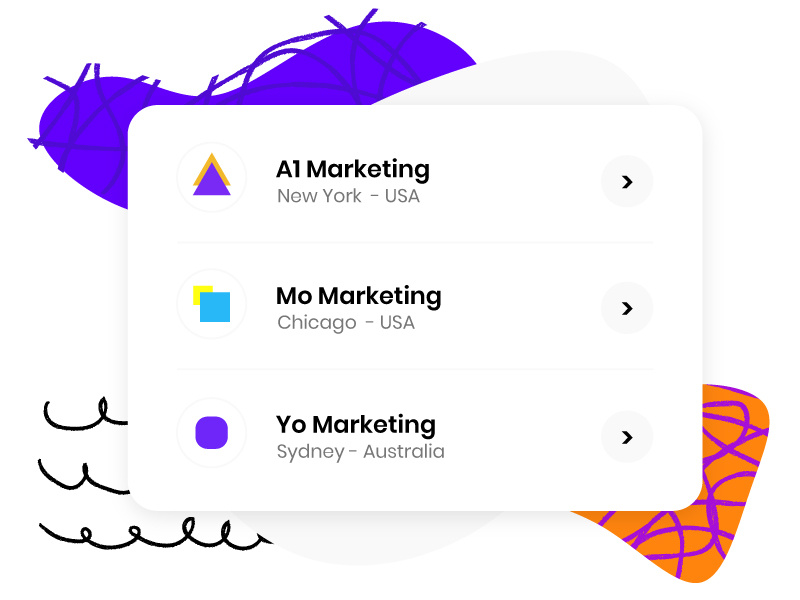
Purchasing an RV is an exciting adventure, whether you’re planning cross-country road trips, embracing van life, or simply seeking a mobile escape. However, before hitting the open road, you’ll need to navigate the financial aspects—specifically, RV loan closing costs. These expenses can add up quickly, and understanding them is crucial for budgeting effectively.
Understanding RV Loan Closing Costs
Closing costs are fees associated with finalizing your RV loan. Unlike a traditional mortgage, RV loans often have different structures and requirements. Here’s what you need to know before signing on the dotted line.
Common RV Loan Closing Costs
Loan Origination Fees
Lenders typically charge an origination fee, usually 1% to 2% of the loan amount, to process your application. This covers administrative costs like credit checks and underwriting.Documentation Fees
Some lenders charge fees for preparing and filing loan documents. These can range from $100 to $500, depending on the lender.Title and Registration Fees
Just like a car, an RV must be titled and registered. Costs vary by state but generally fall between $50 and $400.Sales Tax
Sales tax is a significant expense, often ranging from 4% to 10% of the purchase price, depending on your state’s regulations.Insurance Premiums
Lenders usually require full-coverage RV insurance before closing. Premiums depend on the RV’s value, usage, and your driving history.Appraisal or Inspection Fees
For used RVs, lenders may require an inspection to assess the vehicle’s condition. Fees can range from $200 to $600.Prepayment Penalties
Some loans include penalties for paying off the loan early. Always check the fine print to avoid unexpected fees.
How Inflation and Economic Trends Affect RV Loan Costs
With rising inflation and fluctuating interest rates, RV financing has become more expensive. Here’s how current economic conditions impact your loan:
Rising Interest Rates
The Federal Reserve’s rate hikes have led to higher borrowing costs. If you’re financing an RV, securing a loan now may be pricier than a year ago.
Increased Demand for RVs
The post-pandemic travel boom has driven up RV prices, meaning higher loan amounts—and consequently, higher closing costs.
Fuel Prices and Travel Costs
While not directly tied to loan closing costs, soaring fuel prices affect overall RV affordability. Budget-conscious buyers may need to factor in these additional expenses.
Tips to Minimize RV Loan Closing Costs
Shop Around for Lenders
Compare offers from banks, credit unions, and online lenders to find the best rates and lowest fees.Negotiate Fees
Some fees, like documentation or origination charges, may be negotiable. Don’t hesitate to ask for reductions.Consider a Larger Down Payment
Putting more money down reduces your loan amount, which can lower both interest and closing costs.Check for Discounts
Some lenders offer discounts for automatic payments or bundling insurance policies.Avoid Unnecessary Add-ons
Dealerships may push extended warranties or service plans. Evaluate whether these are worth the extra cost.
The Future of RV Financing
As remote work and digital nomadism grow, RV living is becoming more mainstream. However, economic uncertainty means buyers must be financially prepared. By understanding closing costs and staying informed about market trends, you can make a smarter, more affordable purchase.
Now that you know what to expect, you’re one step closer to hitting the road—debt-savvy and ready for adventure.
Copyright Statement:
Author: Avant Loans
Link: https://avantloans.github.io/blog/rv-loan-closing-costs-what-to-expect-2095.htm
Source: Avant Loans
The copyright of this article belongs to the author. Reproduction is not allowed without permission.
Prev:How to Avoid Predatory Lenders in Greenville, SC
Next:Kamala Harris’ Plan to Make Student Loans More Manageable
Recommended Blog
- How to Avoid Predatory Lenders in Greenville, SC
- Big Picture Loans: How to Check Your Eligibility
- Bad Credit Auto Loans: How to Negotiate Interest Rates
- Loan APR Meaning: The True Cost of Borrowing
- Kotak Prime Loans for Medical Emergencies: Quick Financial Aid
- How to Avoid Cash Loan Debt Traps
- The Timeline of a Loan Going into Default
- Jumbo Loan Closing Costs: What to Expect
- How to Use Instant Loans Responsibly
- Compare Loan Cosigner Release Policies: How to Remove a Cosigner
Latest Blog
- Quick Cash Loans for Vacation Rentals
- Bad Credit? These Lenders Will Still Approve You
- $255 Payday Loans Online – What to Look for in a Lender
- 100 Percent Approval Loans for Gym Memberships
- Forbearance and Bankruptcy: What’s the Connection?
- Quick Approval Debt Consolidation Loans
- How to Get an Online Loan with a Co-Signer
- The Best Podcasts About Department of Education Student Loans
- MOHELA Student Loan Grace Period: What You Need to Know
- How to Report Fraudulent Online Payday Loan Lenders
